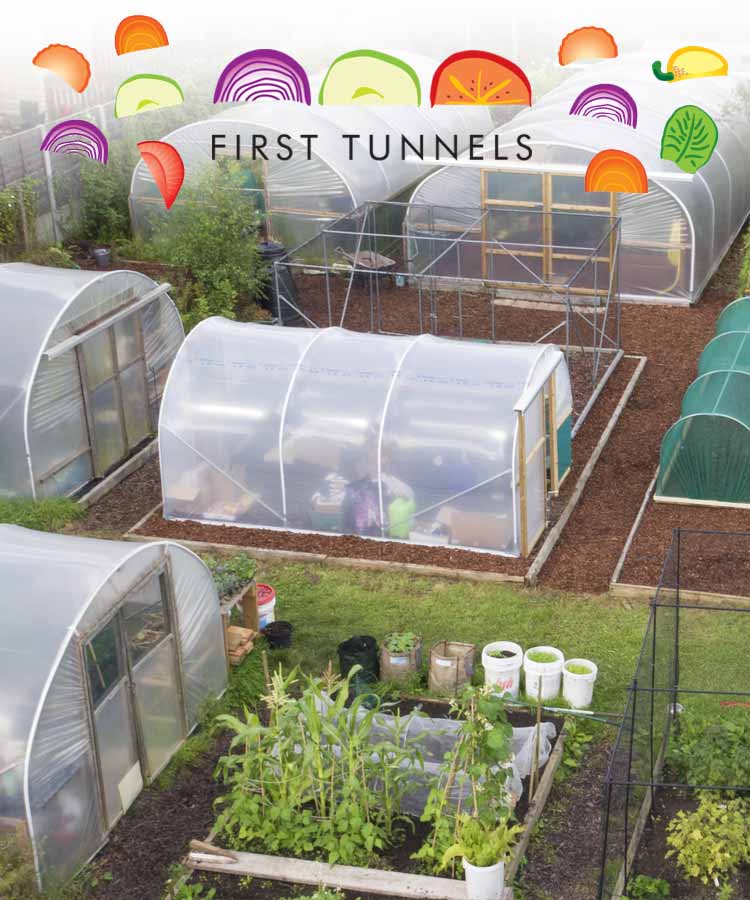Caring for garden birds over the winter months will help them to survive and thrive when they are at their most vulnerable. Birdlife is essential for the biodiversity and resilience of our gardens – when birds do well, the whole ecosystem (including we humans) is able to thrive. Here are a few pointers to help you care for garden birds in winter, so the crops in your polytunnel continue to do well over the coming year. Birds will help you if you help them. They can help predate pest insects and make sure that the garden ecosystem remains in balance.
The feathered visitors you can expect in your garden will depend on where exactly you live, but no matter where you are, you should try to cater to as wide a range of birds as possible. Hanging feeders and a bird table should be well-stocked through the coldest months. Smaller birds will use the hanging feeders, while some birds such as blackbirds struggle to use the hanging feeders and will benefit from a bird table.
A good quality seed blend is ideal for many birds and will be carefully balanced to attract as many different species as possible. Live foods, such as mealworms, provide much-needed protein and will be a favourite with robins, blackbirds and starlings. Suet balls will also be great to give birds a boost of protein and fat over winter and a peanut cage will also appeal to some bird varieties.
When providing food for garden birds, don't forget that they need year-round access to water too. Water access can become limited when there is a hard freeze over winter, so it is important to make sure you keep a small area of water unfrozen for them to drink from. You can place a ping pong ball or something similar in a bird bath or small pond. This ball will bob around in the breeze and help to keep the water moving, often keeping a small area unfrozen. But still, it is a good idea to check the water regularly if the weather is particularly cold.
Keeping wilder areas of shrubs and hedges in your garden will help to encourage birds and will give them plenty of places to shelter from the worst of the winter weather, while well-placed and well stocked feeders and water supply will help make sure they have everything they need nearby.
